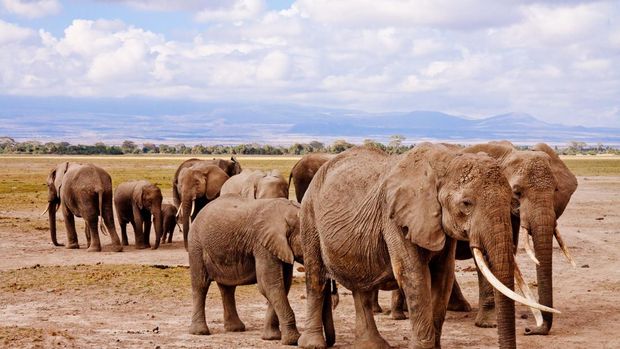Our brains can process a lot of information all at once and at the same time also provoke our thoughts as if it goes 100 km/s just like the way you are currently reading this sentence. Those thoughts then later can be translated into actions. It's true that humans are conscious beings, but are we the only ones?
In 2012, the Cambridge Declaration on Consciousness stated a scientific consensus that humans are not the only conscious beings. Non human animals, including all mammals, birds, and many other creatures such as octopuses, possess neurological substrates, which are complex enough to support conscious experiences. In other words, just like humans-some animals can process information and express emotions in ways that are accompanied by conscious mental experience.
Most scientists agree that animals have complex mental capacities in which a few species have attributes once thought to be unique to people, such as the ability to give objects names and use the tool. However, it's different from what we humans do. You can look at it this way; no animals have all the attributes of human minds, but almost all the human minds' attributes are found in some animals.
 Ilustrasi hewan/ Foto: Pixabay Ilustrasi hewan/ Foto: Pixabay |
One example is stated in an article from The Economist that mentions the behavior of a chimpanzee in Furuvik zoo of Sweden, Santino. In the 2000s, zookeepers noticed that he was gathering little stockpiles of stones and hiding around his cage, even constructing covers for them. Later they found out that Santino did this so that he would have something to throw at zoo visitors, which annoyed him. From this incident, it is argued that Santino's behavior showed various types of mental sophistication, whereas Santino could remember a specific event in the past, which annoyed by some visitors, and finally proceed by preparing for an event in the future, which would be in a form like throwing stones at them.
Another example would be something that may correlate with animals' feelings and mental experiences. As we know, animals indeed show emotions such as fear. But, this can be taken to be instinctual, just like the way we cry out in pain. However, there are several observations of animals going out of their way to help creatures, which may show how animals can have feelings and empathy.
 Ilustrasi gajah/ Foto: Pixabay Ilustrasi gajah/ Foto: Pixabay |
In 1959, Russell Church from Brown University set up a test that allowed lab rats in half of a cage to get food by pressing a lever. But whenever the lever is pulled down, it would send an electric shock to the rats in another half of the cage. When the first group realized that, they stopped pressing the lever, depriving themselves of food. Elephant observer, Iain Douglas-Hamilton states how a group of elephants kept pace with a young injured female for 15 years to protect her from predators. This action makes them unable to forage widely. These two cases show how animals have empathy for others by paying the price for their compassion.
There is a little doubt that animals think, as their behavior is too sophisticated to prove otherwise. However, it's just difficult to say precisely what animals think of because, unlike us humans, we can express our thoughts through language. While the thoughts of animals come close to a sentence in an unfamiliar language. As a result, there are no elements in animals' thoughts that match our words, so there is no precise way to translate their thoughts into our sentences.
(HAI/MEL)


